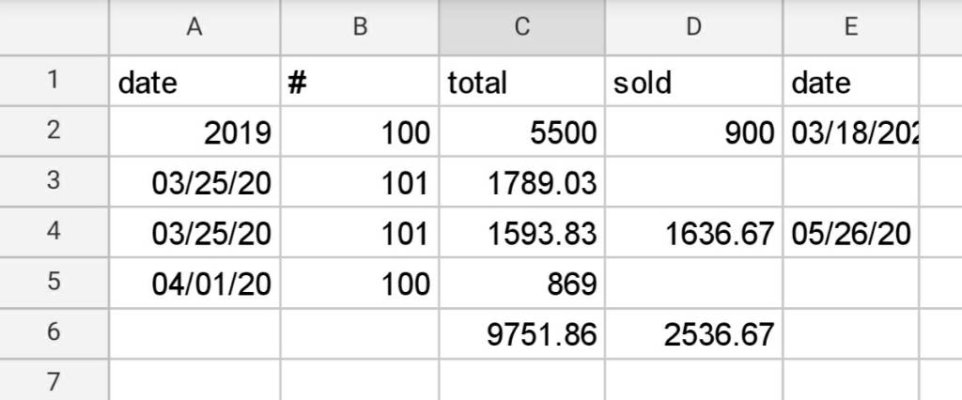steady saver
Recycles dryer sheets
- Joined
- Apr 10, 2013
- Messages
- 496
My rudimentary understanding of a wash sale is that if I sell a stock and take a loss (or a gain I guess) that I have to wait 30 days before I can buy it again and be able to claim that loss.
My question is: Can I do that backwards? That is, can I go ahead and buy the (depressed) stock now and then sell other specific lots of the same stock that I already own and still take my loss? Do I have to wait 30 days to do that?
My question is: Can I do that backwards? That is, can I go ahead and buy the (depressed) stock now and then sell other specific lots of the same stock that I already own and still take my loss? Do I have to wait 30 days to do that?

 is that DH has been offered a package to pull the plug now (so fortunate b/c he was going to retire anyway!!!!) and so I'm looking for ways to reduce our taxes if possible, since I don't know how else to be creative at the moment.
is that DH has been offered a package to pull the plug now (so fortunate b/c he was going to retire anyway!!!!) and so I'm looking for ways to reduce our taxes if possible, since I don't know how else to be creative at the moment.
